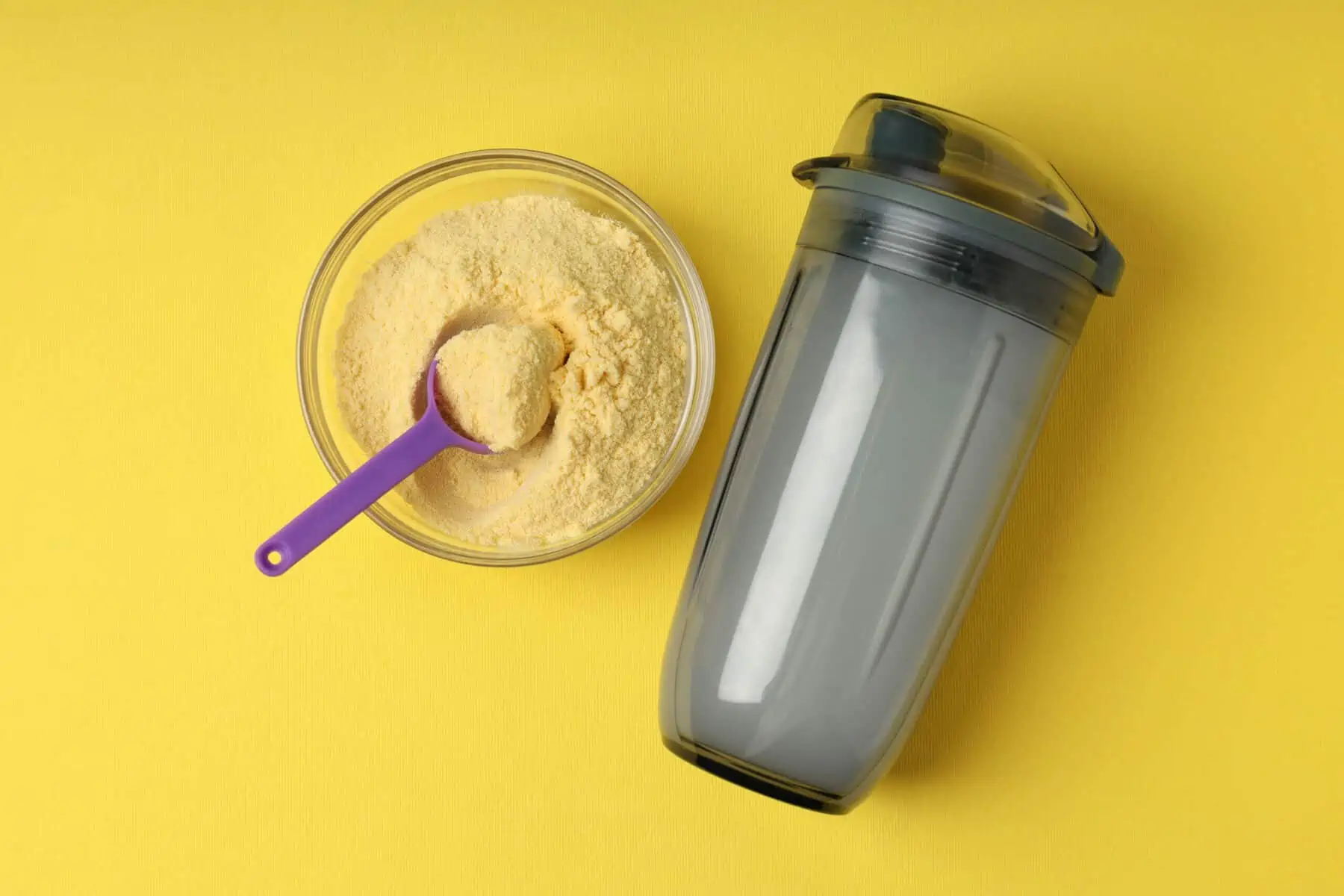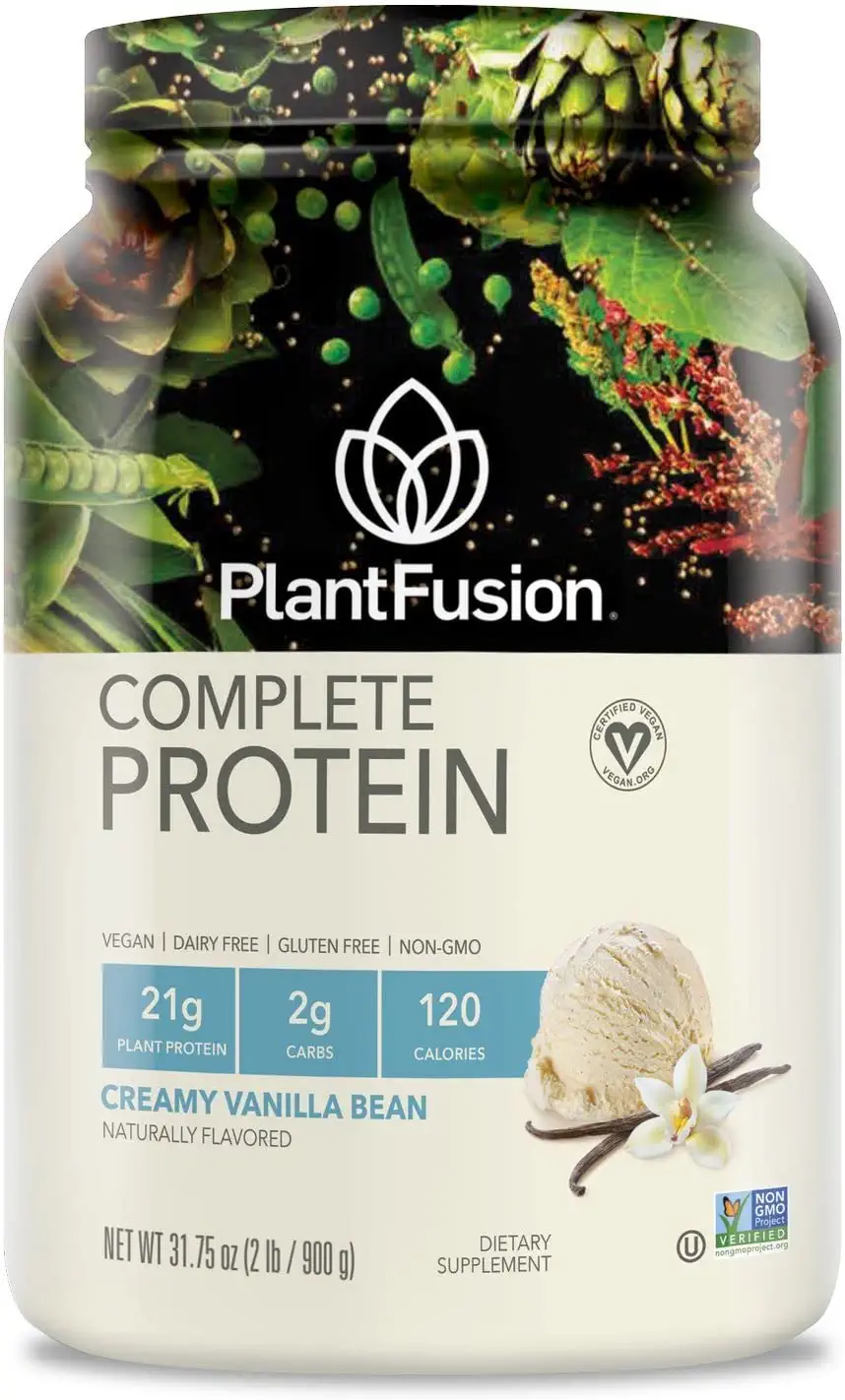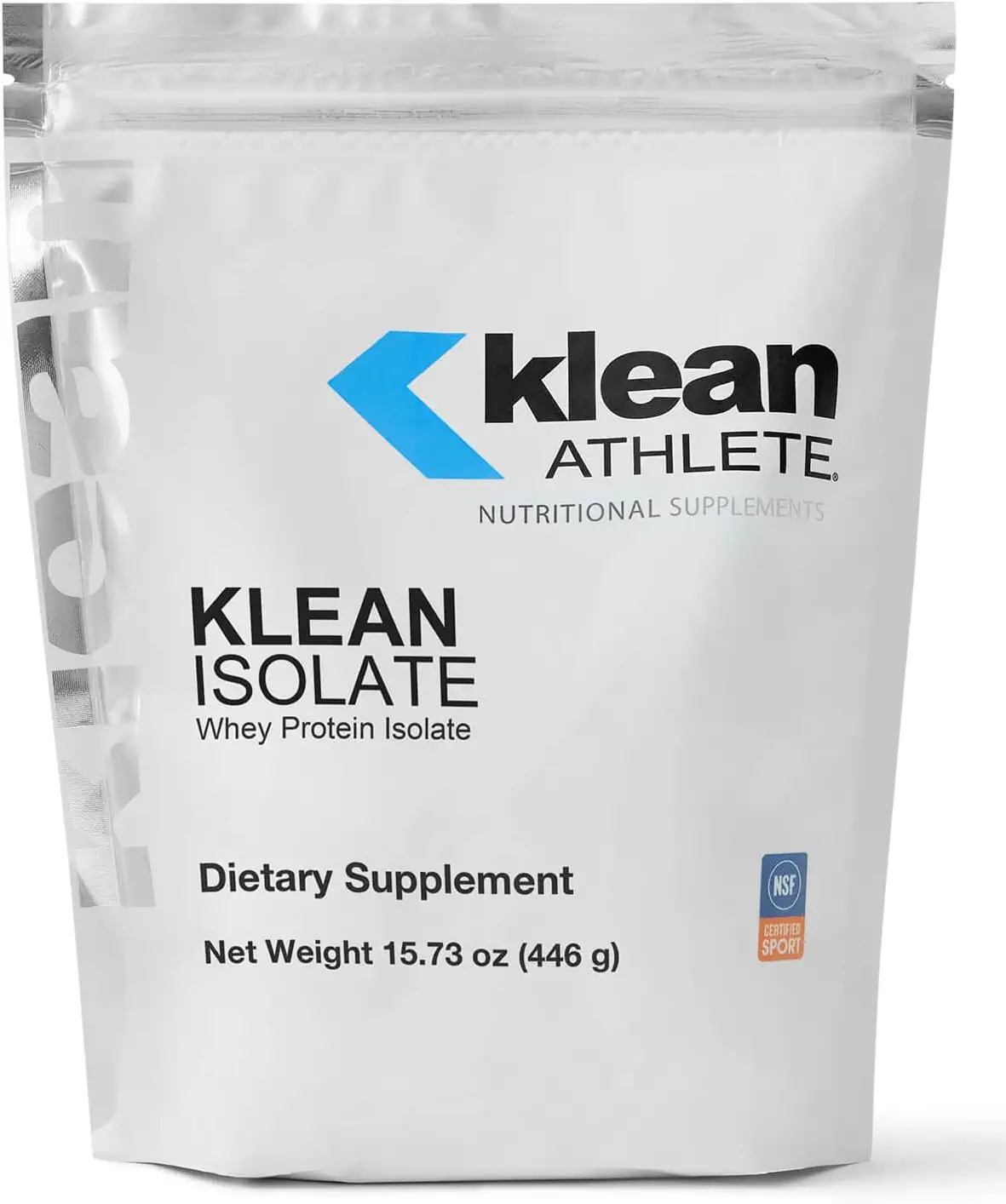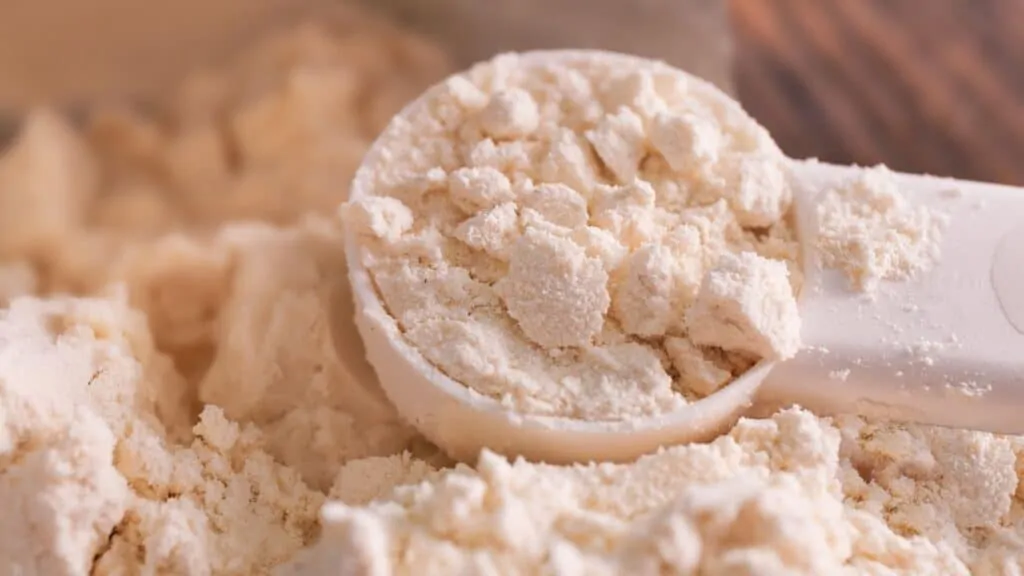Is protein powder safe for pregnancy? Since protein powder during pregnancy affects both the mother’s and the unborn child’s health, it is considered further. Protein is especially important because it helps your and your child’s bodies build and repair cells and organs as they grow.
While most people do not have enough protein, pregnant women may find it difficult to satisfy these greater needs since their personal protein requirements rise during pregnancy.
Table of Contents
So, the amount of protein that a pregnant woman needs increases significantly. Your need for protein will rise while you are pregnant, and you can satisfy that need by eating a variety of plant- and animal-based foods. However, you must consider protein powder if you are a vegan or do not consume meat.
A good source of protein and other essential nutrients is protein powder. However, some of the powder’s components, like artificial sweeteners and preservatives, raise concerns about its safety, particularly during pregnancy.
Is protein powder safe for pregnancy?
Some studies indicate that a well-balanced supplement with up to 20% of calories from protein is the best approach to incorporating protein supplements into a prenatal diet.
It is crucial to combine protein powder with additional substances that contain fat and carbohydrates to achieve this using protein powder, which is frequently 70% to almost 100% protein.
Use protein powder to make a protein shake or smoothie with milk, yogurt, banana, blueberries, oats, avocado, and peanut butter as the main ingredients.
Sick of protein shakes? Mix your protein powder into oatmeal, yogurt parfaits, or homemade soups. You can also use it as an ingredient in homemade sweets or soups.
How Much Protein Does a Pregnant Woman Need?
A pregnant woman’s need for protein grows throughout the pregnancy and is highest in the second and third trimesters when the baby grows rapidly.
The optimal body weight for a woman’s height is considered when determining her protein needs, not her weight. This formula can determine the appropriate body weight for women: 105 x Height (in centimeters)equals the ideal body weight (in kgs).
For instance, if a woman weighs 70 kg but the WHO considers 55 kg her ideal body weight, her protein needs would be adjusted to 55 kg.
Is protein powder bad for pregnancy?
Since protein powder supplements often contain added sugars like sucralose, it is impossible to conclude that they are entirely safe for new moms. It cannot be claimed that these artificial sweeteners are safe for a pregnant woman and her new baby, even though they may be FDA-approved or regarded as safe (GRAS).
Their safety is in doubt because they are artificial rather than natural. Also, some protein powders may have ingredients like caffeine and creatine that could hurt the embryo’s development.
You should consult with your doctor if you wish to use protein powder as a supplement during pregnancy. This will help you to determine whether you need it and, if so, which type.
Women sensitive to dairy products can switch to alternative organic protein powders suitable for pregnancy intake. This is because most powders are made of proteins like whey, casein, and soy.
Protein from food may be more beneficial
You may meet your body’s increased protein needs during pregnancy by eating chicken, meat, eggs, dairy, soy, fish, nuts, seeds, and whole grain products. Consuming protein naturally also benefits other essential food elements, including fiber, vitamins, and minerals.
We don’t advise using protein powder if you can get all the protein you need from meals. If your diet already has enough protein, taking a high-protein supplement could hurt your baby by making him or her have a low birth weight, be born early, or not grow well.
Before Purchasing Protein Powder, Consider the Following:
Protein powder with caffeine
Many brands of protein powder that say they are vegan or good for your diet also add vitamins and caffeine.
You shouldn’t buy these brands because you shouldn’t take in too many vitamins or caffeine when you’re pregnant.
Protein powder flavoring
Fillers are chemicals added to protein powders to give protein shakes more volume. Additionally, they give the drink a smoothness and consistency that improves its flavor.
They can increase your caloric intake without providing any real advantages and make you feel fuller. Flavoring agents are sometimes not as natural as they promise to be and often lack nutrients. So stay away from powders that have flavoring and filler additives.
Protein powder without artificial sweetener
The danger posed by protein powders, including xylitol, sucralose, and maltitol, is also questionable.
However, stevia is considered the best alternative among sweeteners because it is a plant that grows in nature. It is recommended that you refrain from using powders that contain these components. Also, to be safe, it’s best to avoid protein powders containing artificial sweeteners.
Protein shake ingredients
Nowadays, many products have warning labels if they include ingredients that are unsafe for children, pregnant women, or nursing mothers.
This also applies to protein powders. These powders typically include ingredients like creatine, glutamate, caffeine, beta-alanine, acetyl L-carnitine HCL, and a percentage of vitamins that are higher than recommended by your doctor. You can choose healthy powders owing to these labels. Therefore, always checking the ingredients to identify any inappropriate ones is important.
Protein Powder Source
Any food you consume while expecting will, in some way, also be consumed by the baby. As a result, it is important to consider your protein powder’s sources.
Verify the powder’s producer and manufacturing processes to see whether the product is free of pesticides, chemicals, and hormones. It will be beneficial to research the production processes and components used.
9 Best Protein Powders for Pregnancy
Ritual Essential Protein
Ritual Essential protein powder for expecting mothers is a complete protein powder made from pea protein with the amino acid L-methionine added to make it vegan. It can assist vegan mothers to make up for important dietary deficits in protein and choline. The ritual also has the Informed-Sport Certification, which shows that they test their products independently for toxins, especially those banned in sports.
This is complete in all nine key amino acids after adding the methionine. As a result, it is the editor’s best protein powder and the best vegan protein powder on our list!
Pros:
- There are no additional sweeteners in this protein powder.
- It has choline in it.
- It provides a supply of complete protein profiles for pregnant women.
- Pea protein is the main source of protein.
- It has a fantastic flavor.
Cons:
- It’s a pricey protein powder.
Needed Hydrolyzed Collagen Protein Powder
The Needed Collagen Protein Powder is a protein powder made mostly of collagen and has no taste.
Collagen is essential both during and after pregnancy because of its many advantages to our skeleton and pelvic health. It is a type of protein different from proteins found in animals and plants.
Pros:
- It’s scientifically formulated for a healthy pregnancy.
- It’s a collagen-type protein.
- It may boost hair and nail health.
- Bone health may benefit.
- It blends easily into soups, dinners, smoothies, and protein drinks.
Cons:
- For vegans, it might not be perfect.
- Tryptophan, an important amino acid, is lacking.
PlantFusion Complete Protein
PlantFusion is committed to using only the most nutrient-dense and easily digestible plant sources. The company sells the most allergen-free organic protein powder available.
Every 30-gram scoop of this protein powder has 21 grams of protein but only 2 grams of carbs.
Pros:
- It is a protein powder that is hypoallergenic.
- It has a healthy amino acid profile.
- It includes more digesting enzymes.
Cons:
- Due to a few synthetic components, it is not entirely organic.
- Ora So Lean & So Clean
Ora So Lean and So Clean Protein
According to the product’s creators, all of the necessary and optional amino acids are present for your body to produce both tissues and hormones. They also made it simple to mix and drink.
The tasty protein powder is easy to mix and blend and is suitable for use at any time of day. However, the manufacturers advise taking it in the early to mid-morning.
Pros:
- 3 flavors: vanilla, vanilla chai, and chocolate.
- There are 20 superfoods in it.
- Per dosage – 2 servings of greens.
- Pregnant women get a full protein profile.
- Made with non-GMO, dairy-free, soy-free, and nut-free ingredients.
Cons:
- The flavor can be too strong for some expectant mothers.
Drink Wholesome Protein Powder
The brand supports both vegan and non-vegan lifestyles. They have two options, one of which uses a formula with animal protein as its main source of protein and the other of which uses a formula with plant-based protein.
Non-vegans will value egg white protein powders because they contain all nine essential amino acids for a healthy pregnancy and effective recovery.
Pros:
- It’s great for lactose-intolerant pregnant women because it’s dairy-free.
- The protein powder’s bottle lists its contents.
- It’s one of the few vegan and non-vegan prenatal protein supplements.
- Mocha and PB flavor (peanut butter) coconut
Cons:
- The brand lacks USDA or other third-party certifications.
Vega Protein & Greens
This plant-based protein powder is perfect for vegetarians because it is plant-based. Per two scoops of greens, there are 20 g of protein. 120 calories are in it. The flavors are all-natural and gluten-free, there is no added sugar; and they are non-GMO.
Vega Protein & Greens is an important part of a healthy, well-balanced breakfast or a useful protein supplement to take with you on the go.
Pros:
- Making a protein shake mix is simple.
- It has flavors that taste good.
- It contains no extra sugar.
- It is both non-GMO and gluten-free.
Cons:
- a little costly in comparison to other brands.
Boobie Body Superfood Protein Shake
The flavor of Chocolate Bliss is quite mild and somewhat bland. There is absolutely no sweetness. All it has is a very slight chocolate flavor. It has no sugar per serving, in contrast to many protein powders on the market.
Additionally, Boobie Body offers probiotics that may be beneficial if you’ve suffered from gastrointestinal issues. Probiotics should not be taken daily, though, as doing so for a year or more can generate an overabundance of microorganisms in your body.
Pros:
- This protein shake is chocolatey.
- Each dish has 0g sugar and organic herbs and greens.
- High in probiotics, this protein drink helps breastfeeding moms generate more milk.
Cons:
- Fenugreek, a lactation aid, is not present.
- Sweeten with honey, sugar, or stevia if you like.
Klean Athlete Klean Isolate
Athlete Whey protein isolate is the protein source in Klean Isolate, which aims to deliver a high concentration of lactose-free milk protein. With a third-party certification from NSF Certified for Sport, which may be the strictest certification, it meets one of our highest standards.
This means it has been checked to ensure it has what it says it has and is free of harmful toxins. It also means that it does not contain any compounds or drugs athletes are prohibited from taking.
The lactose concentration of whey protein isolate might vary, but it is often significantly lower than that of regular dairy. As a result, people sensitive to lactose may be able to handle a whey-based powder. This is not a good option for people who are allergic to or sensitive to dairy. The whey protein source also has calcium and potassium, two important nutrients for pregnant women.
Pros:
- NSF Sport certification
- No-flavour selection
- A high-quality protein source
Cons:
- Greater expense
- Incompatible with dairy allergies.
Hemp Yeah! Protein + Fiber in Balance
Hemp Yeah! Balanced Protein + Fiber is manufactured exclusively from hemp seeds, which have several nutritional advantages and are vegan. It is typically regarded as a complete protein source, and one meal offers an incredible 8 grams of fiber in addition to omega-3 fatty acids derived from plants.
Numerous health advantages of fiber include supporting digestion, providing long-lasting satiety, and nourishing good microorganisms in the gut. Most lifestyle-related chronic diseases, such as diabetes and heart disease, are more likely to happen if you don’t eat enough fiber.
Pros:
- Reasonably priced
- No additional sweeteners.
- 8 grams of fiber.
Cons:
- Earthy taste
Conclusion
Proteins and other nutrients are essential to the well-being of the mother and the growing child throughout pregnancy and are advantageous for the newborn during nursing. Even though healthy meals contain essential nutrients, doctors often recommend protein powders and other dietary supplements for a healthy pregnancy.
To ensure a safe pregnancy and delivery, choosing only the best protein powders available for pregnant women becomes vital. There should be no shortcuts; picking the best protein powders is an essential step in the process.
FAQS
- What kind of protein powder should I avoid during pregnancy?
Quality counts. Avoid powders that haven’t been tested by a third party to ensure they are pure, made with herbs whose safety during pregnancy hasn’t been proven, or that have unwanted ingredients.
- Can I continue using protein powder while I am breastfeeding?
Yes, dietary demands continue to increase during nursing and after recovery. While breastfeeding, the same factors to consider during pregnancy apply.
- What is the best time of day to use protein powder?
The best time to do something is when it is most convenient and possible for you. There is no scientific consensus on the best time to take a protein supplement.
Aditi Paul Chakraborty is a food and wellness writer. She is a double postgraduate in English Literature and Mass Communication and Journalism from MIT and a regular at various international film festivals.
She is a movie buff, a painter, a traveler, and a shopaholic. She is happily married to a loving husband and has a caring mother-in-law.













